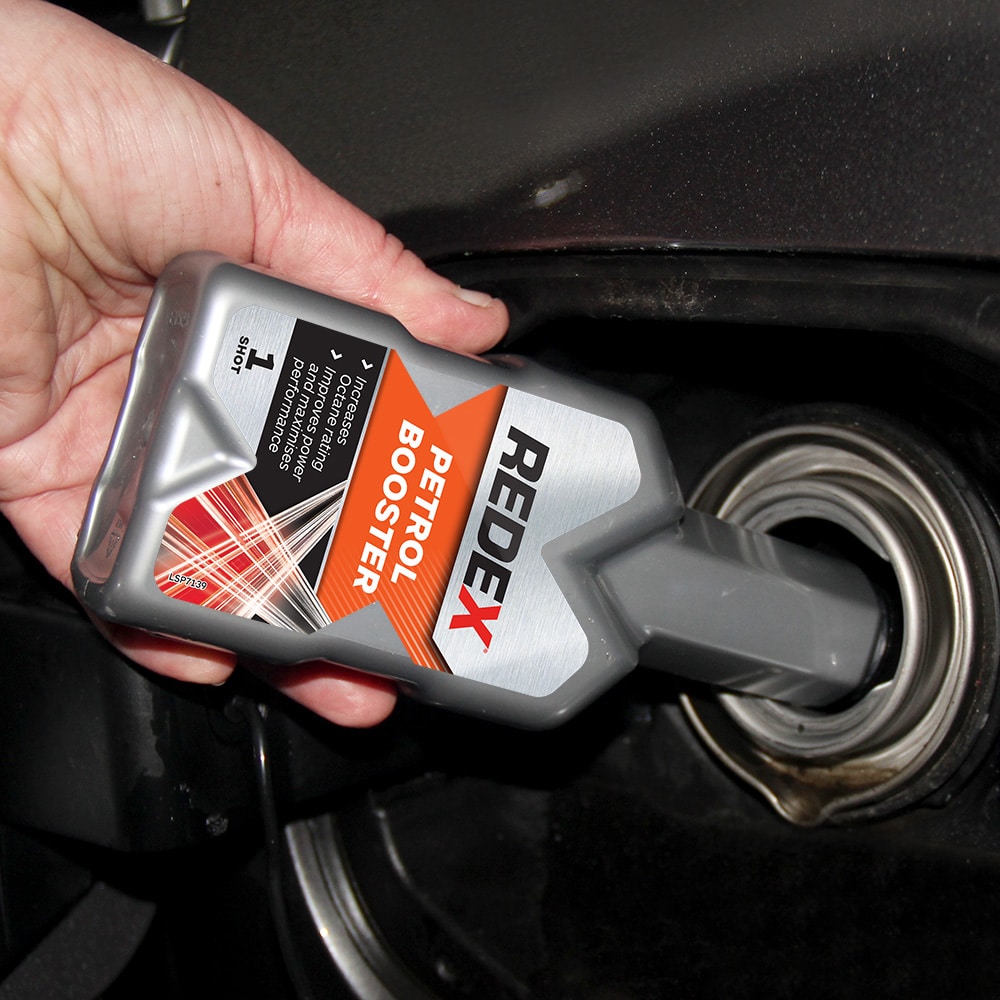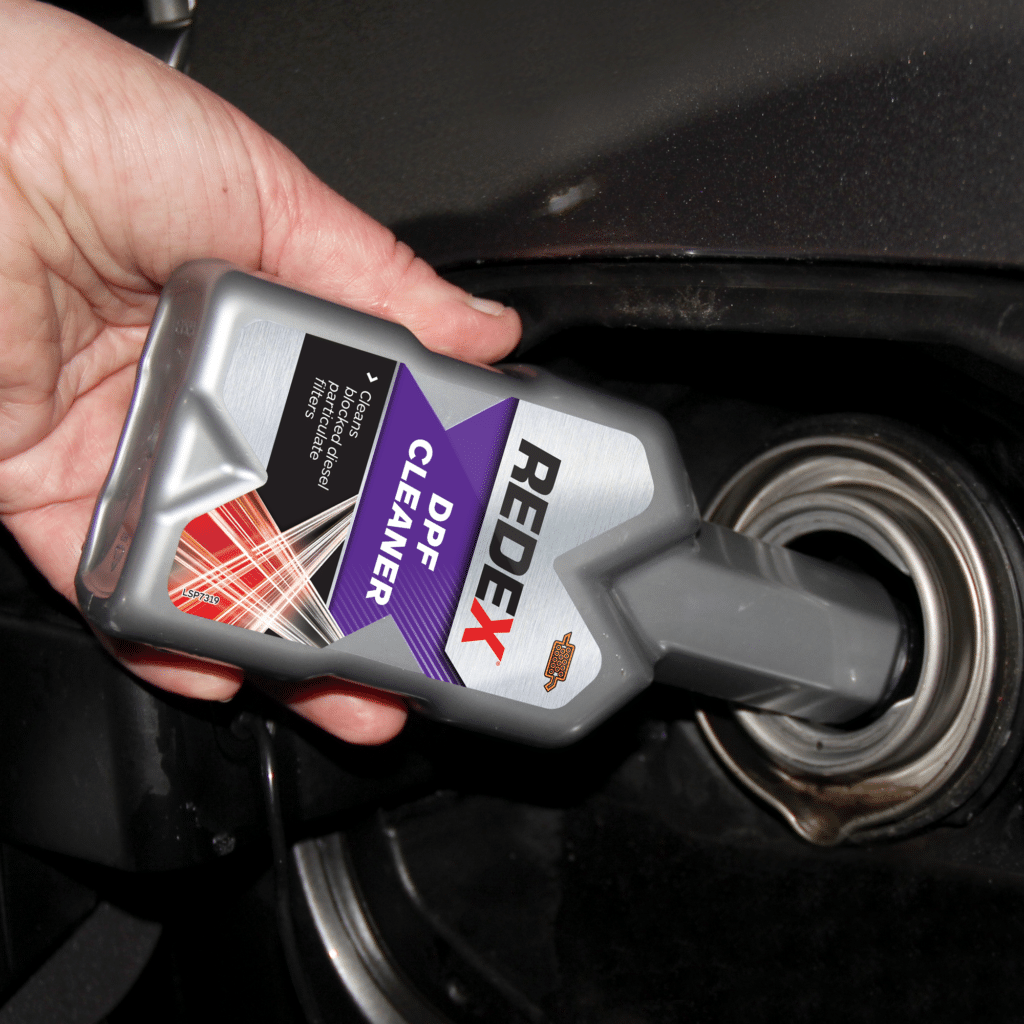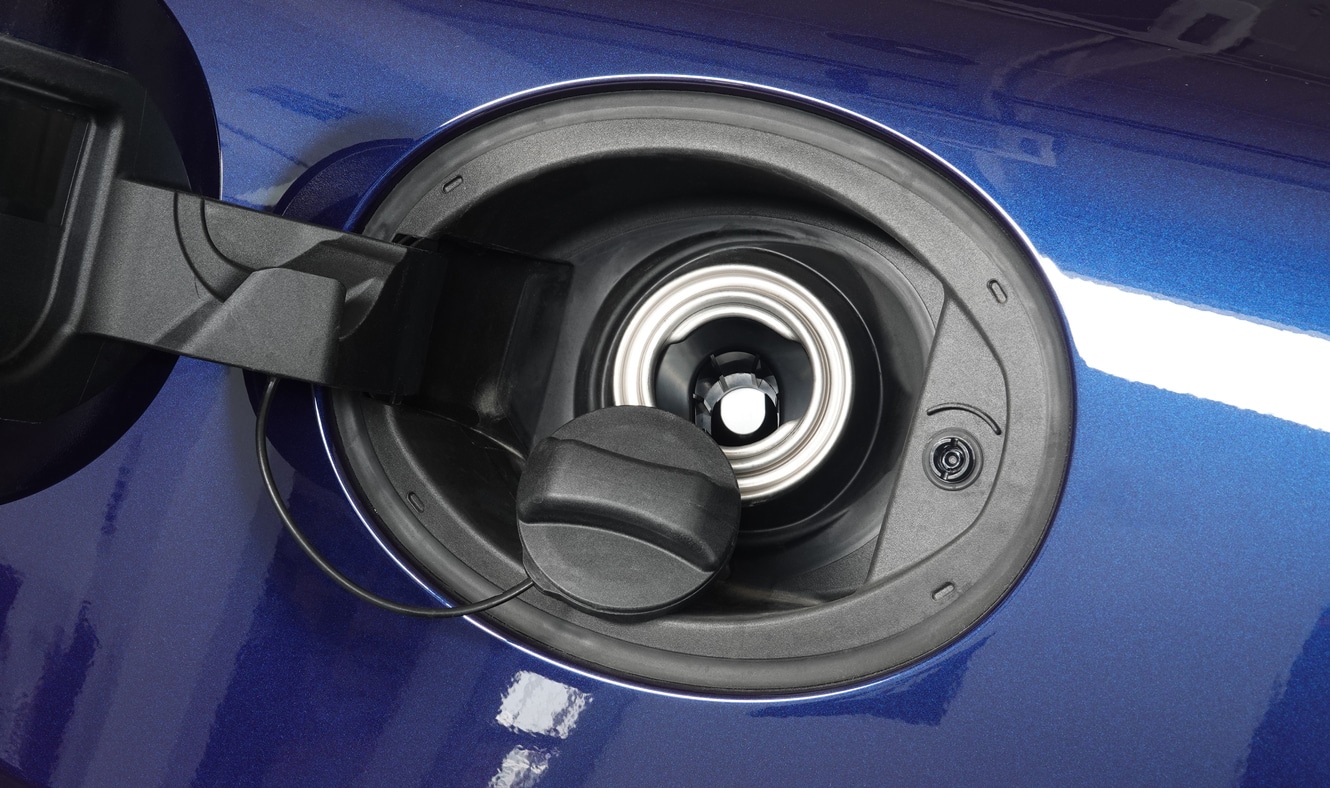Fuel additives can be used to enhance performance while also protecting the engine and fuel system. They have a wide variety of benefits that ultimately help the car to run more smoothly. What’s more, they are generally easy to use simply by following the instructions on the bottle.
Here at Redex, we offer several different types of fuel additives, and it’s important to understand the difference to ensure you’re using the right one for your needs. With that in mind, here is our guide to the different types available and how to choose the right additive.
The different types of additives
Want to learn all about the different types of fuel additives? You’re in the right place – below we’ll be breaking down each category and explaining what it can be used for, from fuel system cleaners to fuel emissions reducer additives.
Fuel additives
A fuel additive is essentially a compound that can improve the performance or efficiency of the car’s fuel. There are many different types of fuel additives, each of which has its own benefits such as increasing the fuel’s octane rating, protecting against corrosion, or keeping the diesel particulate filter clean.
In short, a fuel additive can be used to clean, protect and enhance your car’s engine and fuel system. Most have specific purposes and some are made for certain fuel types, so they should be used appropriately.
Fuel system cleaners
Fuel system cleaners are a type of fuel additive that can clean the fuel system effectively. During combustion, deposits can build up, which can impact your fuel economy. A fuel system cleaner additive can be used to prevent build up and clean the fuel injectors, resulting in reduced emissions and restored performance. So, if you’re looking for a way to extend the life of your car and save fuel, this is a great place to start.
You will find that there are specific fuel system cleaners for petrol and a separate diesel fuel system cleaner, so it’s important to ensure you’re using the right one for your fuel type in your vehicle.
Fuel booster additives
The higher the octane or cetane rating of fuel, the better the quality. A fuel booster additive can boost that rating and maximise performance, which can provide potential increases in fuel economy. A petrol booster additive can improve the octane rating, whilst for diesel engines the additive can boost the cetane rating, noticeably increasing power and performance.
Incorrect combustion can lead to engine knocking, which is a metallic knocking sound in the engine. Fuel boosters increase the combustion rate of fuel to improve combustion efficiency and reduce the likelihood of engine knocking.
By adding a fuel booster additive, you can ensure that your car is receiving the best possible fuel, but just remember to use the right product for your engine type.

Fuel emissions reducer additives
If your car’s emissions are too high, you could risk failing your MOT, not to mention the negative impact this can have on the environment. Luckily, there are specialist fuel additives that can help to reduce the number of harmful emissions coming from your vehicle’s engine.
A fuel emissions reducer additive can provide a deep clean to improve the life of the engine, lowering the emissions in the process. It works by getting rid of any dirt in the engine that contributes to higher emissions, as well as reduced fuel economy. It can be particularly helpful if you’re worried your car won’t pass its MOT.
You can buy a petrol emission reducer, and there is a separate product that does the same job to reduce diesel emissions.
DPF cleaning additives
Modern diesel cars often have a diesel particulate filter. Over time, this can become blocked by unburnt soot from the car’s exhaust. You can reduce the risk of this filter becoming blocked by using a DPF cleaner.
DPF cleaners work by helping to clear out blocked DPFs, avoiding costly trips to the garage, when a DPF cleaner will work just as well. In essence, a DPF cleaner lowers the temperature at which the DPF-blocking soot will burn. For this reason, DPF cleaners can be used as both a preventative and a remedial solution.

Lead replacement additives
Meanwhile, older and classic cars typically run on leaded fuel with a high octane rating, but this type of fuel can be more difficult to come across as it was axed in the early 2000s. While there is the option to convert the car, you could take an easier route. This is where lead replacement additives come in.
A lead replacement additive will allow you to fill the car with standard fuel and add lead to it, so you can care for your older car’s engine effectively.
Without a lead replacement additive, older engines might experience significant loss in power or, at worst, a damaged engine that could be a nightmare to fix.
The differences between additive options
Different fuel additives have specific purposes, from boosting the octane number to adding lead. This means there is a fuel additive to suit every need, whether you drive a petrol, diesel or classic car.
While these fuel additives may seem similar on the surface, you can see they deliver different benefits for your car’s engine and fuel system. This is why it’s important to use the right one for your vehicle’s needs so that you can achieve the desired result.
By using fuel additives for your car, you could make a world of difference in its performance and efficiency. If you think your vehicle could do with a bit of a boost, using the right fuel additive could help. For more insights, check out the Redex blog.
